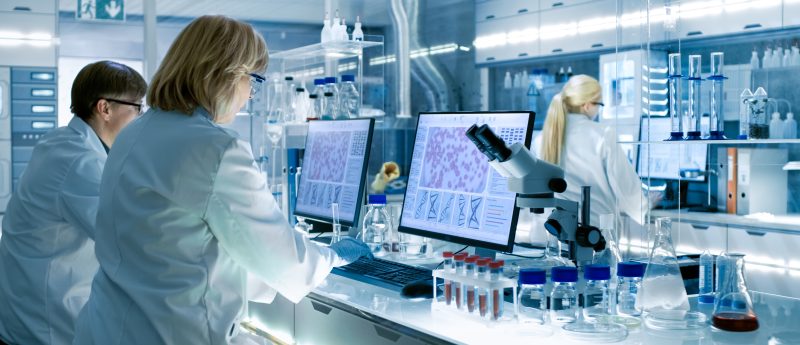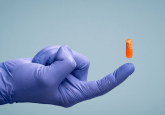Introducing our Quality Assurance feature in collaboration with the SQA BASS

The Society of Quality Assurance (SQA) is a premier membership organization of Quality Assurance (QA) professionals dedicated to promoting and advancing the principles and knowledge of quality assurance essential to human, animal and environmental health. To achieve its mission: SQA provides its members with professional development, education and training; builds on collaborative relationships with governmental authorities, other professional organizations, academia and industry; and actively participates in the regulatory processes related to human, animal and environmental health. As such, SQA promotes the quality principles embodied in Good Clinical Practices (GCPs), Good Laboratory Practices (GLPs), and Good Manufacturing Practices (GMPs) in industry, government, academia and consulting settings.
The Bioanalytical Specialty Section (BASS) is a committee within SQA, which serves to network Quality Assurance (QA) professionals addressing regulatory compliance issues related to bioanalysis. While our members are primarily employed or contracted by the pharmaceutical industry, there are also representatives from academia and clinical professions. Access to a member email list serve and participation in monthly teleconference calls, quarterly regional meetings, training workshops and annual SQA meetings are all venues used to provide dynamic interactions for BASS members. The combination of these tools and the connections made among BASS members help facilitate the exchange of evolving industry best practices related to bioanalysis and offers mentorship for newer less-experienced members.
A rapidly emerging area in pharmaceutical drug development is the growth of biotechnology-derived products used to treat diseases such as rheumatoid arthritis and a variety of cancer types. The bioanalysis of biological products presents different regulatory compliance questions and, as such, a Biotechnology Subcommittee of BASS was formed in 2014 to address specific issues in this area. Together, BASS and its Biotechnology Subcommittee serve as forums for its members (and SQA members) to address quality compliance questions in xenobiotic and biological products as they apply to bioanalytical method validation and the analysis of samples from nonclinical and clinical studies in the pharmaceutical industry, academia, as well as other treatment-related institutions.
An understanding of the science supporting bioanalytical methodology is required for QA professionals to perform their jobs. Publications in communications such as Bioanalysis Zone and Bioanalysis are invaluable scientific and technical resources on current and forthcoming bioanalytical topics, which QA professionals can utilize to develop and structure sound quality plans and audits. Simple questions such as “What are the critical parameters that must be met for validating a method employing LC–MS/MS?” or “What methods are acceptable to characterize the purity of a new class of compounds? ” are always challenged by novel emerging technologies and therapeutics. Likewise, bioanalysts require resources to understand the requirements of regulatory agencies and internal quality audits to assure the conduct and documentation of their work will be adequate, organized, and transparent when supporting a regulatory filing.
To close the loop on this close relationship between bioanalysts and quality professionals, Bioanalysis Zone has invited BASS to provide a quarterly column answering bioanalysts’ questions from a quality perspective that are submitted by readers. BASS will receive and discuss questions on quality issues submitted by bioanalysts through Bioanalysis Zone. Through collaborative discussions among our members, BASS hopes to provide bioanalysts with the necessary background on the quality issues, specific applicable regulations, or 483 cases, and suggest different approaches to addressing questions on quality to the readers of Bioanalysis Zone.
BASS is looking forward to the dialogue this column will create between quality assurance professionals and bioanalysts in the continued efforts to provide quality medical care for our communities.
Email your questions to: [email protected]





